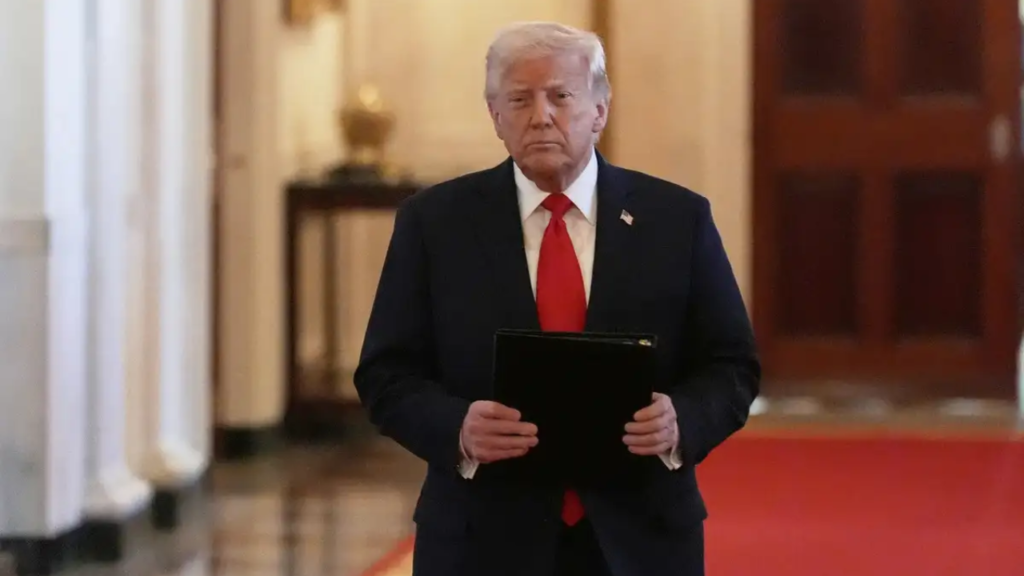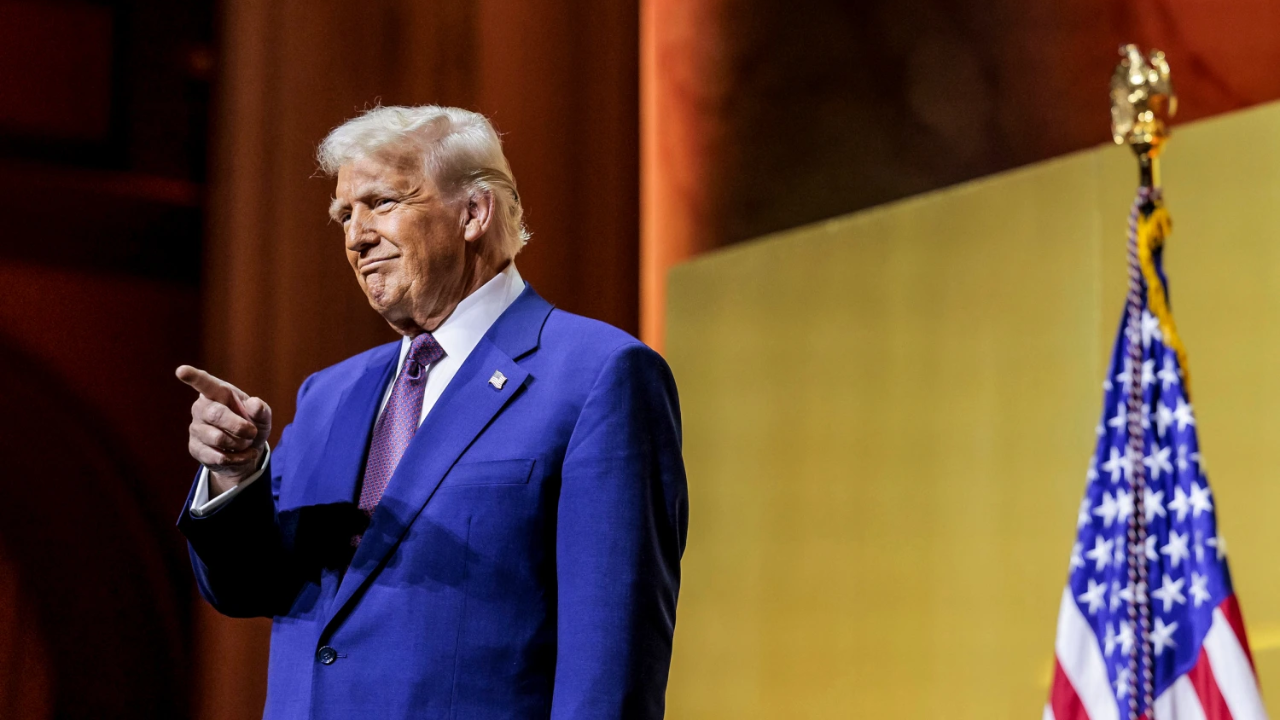On May 2, the Trump administration appealed to the U.S. Supreme Court, requesting permission for Elon Musk’s Department of Government Efficiency (DOGE) to access the sensitive Social Security data of millions of Americans.
This appeal comes after a federal judge in Maryland had previously blocked DOGE’s access, citing concerns about violations of federal privacy laws.
Background of the Legal Dispute
The issue arose when the Social Security Administration (SSA) granted DOGE unrestricted access to its vast database of personal information. This included highly sensitive data that many Americans consider private.
The federal judge, Ellen Lipton Hollander, ruled that such access was a violation of privacy laws, specifically the Privacy Act, which is designed to protect individuals’ personal information.
Hollander argued that DOGE’s request amounted to an unnecessary and intrusive fishing expedition into the personal affairs of millions of Americans.
DOGE, led by tech mogul Elon Musk, was created with the mission of identifying wasteful government spending and modernizing outdated federal systems.
However, their request to access Social Security data raised significant concerns. Musk had previously made public claims about deceased Americans still receiving Social Security checks, which he suggested could indicate fraudulent activity. This has been a key driver of DOGE’s request for unfettered access to sensitive data.
Administration’s Defense
The Trump administration strongly disagreed with the judge’s ruling, arguing that the request was necessary to fulfill DOGE’s mandate of modernizing federal agencies and rooting out inefficiencies.
The administration characterized the ruling as an overstep, claiming that the judge misunderstood the agency’s intentions.
Solicitor General John Sauer, representing the government, made it clear that the district courts should not have the power to override the President’s agenda, particularly when it comes to national security and efficiency efforts.
Sauer emphasized that DOGE’s access to this data was essential for improving government operations. The government framed the situation as a conflict between privacy protections and the need for government reform.
According to the administration, without access to data from agencies like the SSA, DOGE would not be able to modernize the country’s outdated government systems, which would continue to result in wasteful spending.
The Court’s Rejection and Appeal

In March, U.S. District Judge Ellen Lipton Hollander ruled in favor of privacy, blocking the administration’s request. Hollander found that DOGE’s actions appeared to be invasive and unnecessary, as they lacked concrete evidence of significant wrongdoing.
She stated that the government’s attempt to access the Social Security data was based more on suspicion than actual proof of fraud, making the request overly broad and intrusive.
Subsequently, the administration appealed the decision to the U.S. Circuit Court of Appeals. On April 30, the court, in a divided decision, rejected the Trump administration’s request for intervention.
Judge Robert King, writing for the majority, noted that the government had not provided a compelling reason to warrant unrestricted access to such sensitive personal information.
He argued that the American public had a legitimate expectation that their data would be fiercely protected and should not be accessed without a clear, legitimate cause.
In his opinion, King suggested that DOGE could still achieve its objectives using anonymized or redacted data. This approach would allow the department to analyze trends and identify wasteful spending without compromising the privacy of millions of Americans.
He emphasized that previous cases, such as those involving the U.S. Treasury and the Education Department, did not require such broad access to sensitive information.
Diverging Opinions
Despite the majority ruling, there was a dissenting opinion from U.S. Circuit Judge Julius Richardson. He argued that the appeals court should have allowed DOGE to access the Social Security data, similar to how other federal agencies had been granted access to sensitive databases.
He acknowledged that the SSA’s database was larger than those of other departments but believed that the legal principles should remain consistent, regardless of the size of the data involved.
Richardson’s dissenting view highlighted the tension between government efficiency and privacy protections.
He suggested that the legal questions surrounding access to government data are complex and should be evaluated on a case-by-case basis. In his view, the potential benefits of DOGE’s reforms outweighed the privacy concerns raised by the appeals court majority.
The Role of the Supreme Court
The case has now been taken to the U.S. Supreme Court, which has set a deadline of May 12 for the labor unions to respond to the administration’s appeal.
The Supreme Court’s decision will have significant implications for the future of government data access, privacy laws, and the extent to which government agencies can utilize personal information for reform purposes.
If the Supreme Court sides with the Trump administration, it could pave the way for other federal agencies to seek broader access to personal data, potentially eroding privacy protections.
However, if the court rules in favor of the labor unions and the previous rulings, it will set a precedent for the protection of personal data and limit the scope of government access to private information.
The Impact on Americans
At the heart of this case lies a fundamental question: How do we balance the need for government efficiency and modernization with the need to protect individual privacy? On one hand, the Trump administration argues that accessing personal data is necessary to combat wasteful spending and improve government services.
On the other hand, critics argue that allowing unfettered access to such sensitive data could lead to misuse, whether intentional or accidental.
For millions of Americans, the outcome of this case will have real consequences. If the government gains the ability to access Social Security data freely, it could set a precedent for similar actions in other areas of government.
This could lead to a future where personal data is increasingly accessible to the government without sufficient safeguards to protect privacy.
Conclusion
The Trump administration’s appeal to the Supreme Court represents a crucial moment in the ongoing debate over privacy rights and government transparency.
As the case moves through the courts, the future of personal data access and government efficiency will continue to be a point of contention.
The Supreme Court’s decision on May 12 will likely set a significant legal precedent, one that could affect the balance between government accountability and personal privacy for years to come.
Disclaimer- Our team has thoroughly fact-checked this article to ensure its accuracy and maintain its credibility. We are committed to providing honest and reliable content for our readers.






